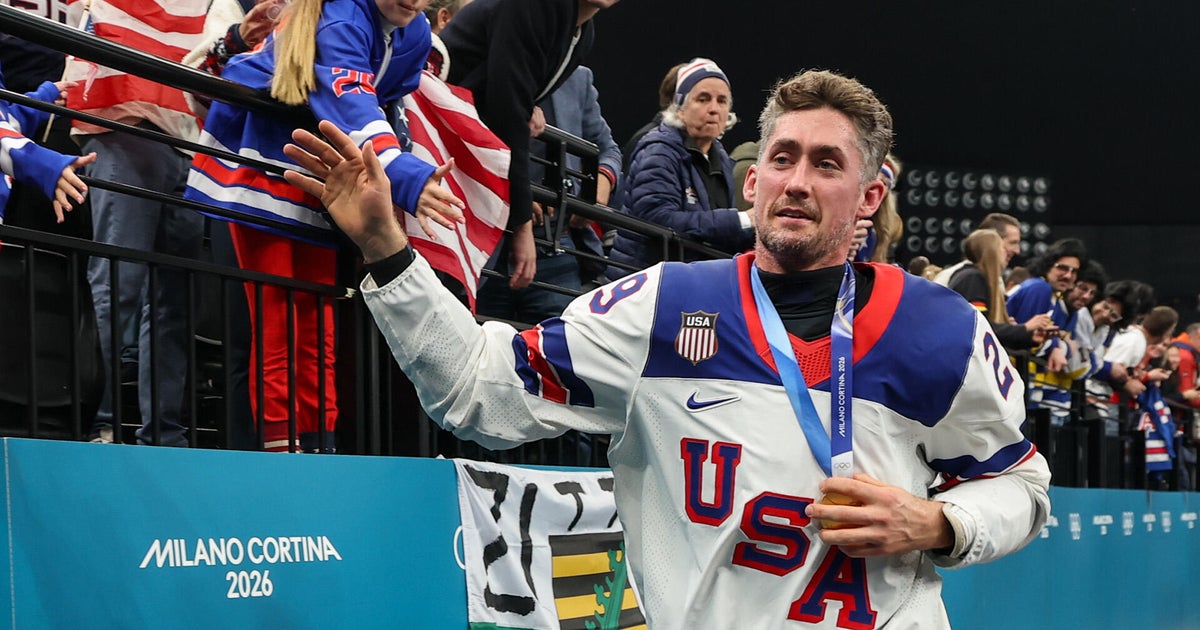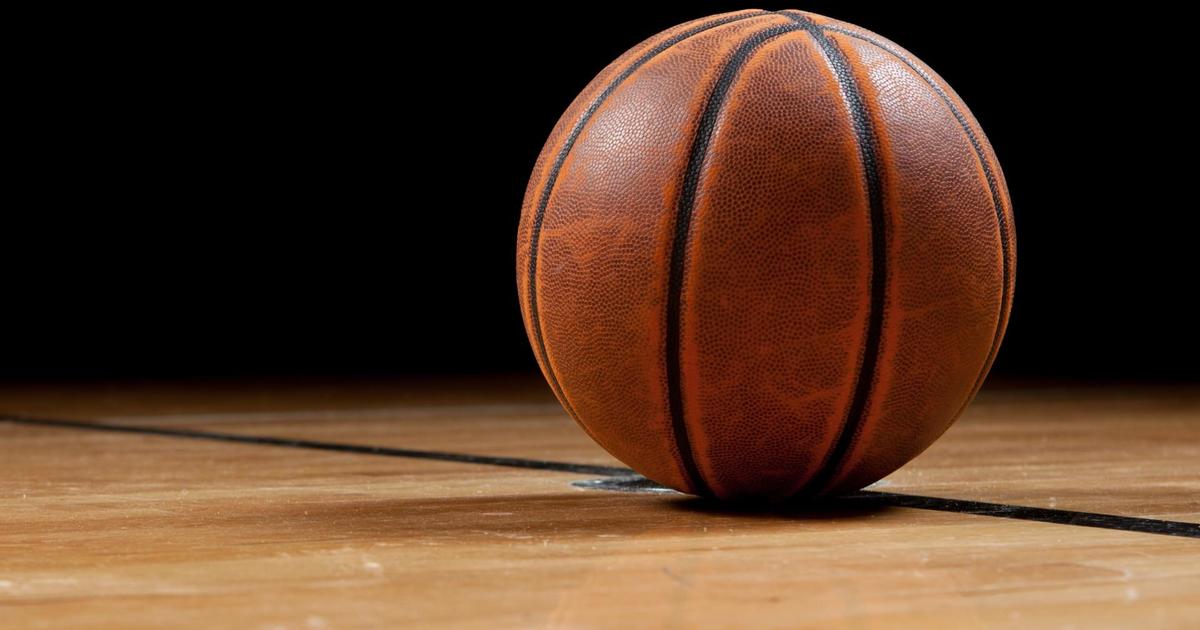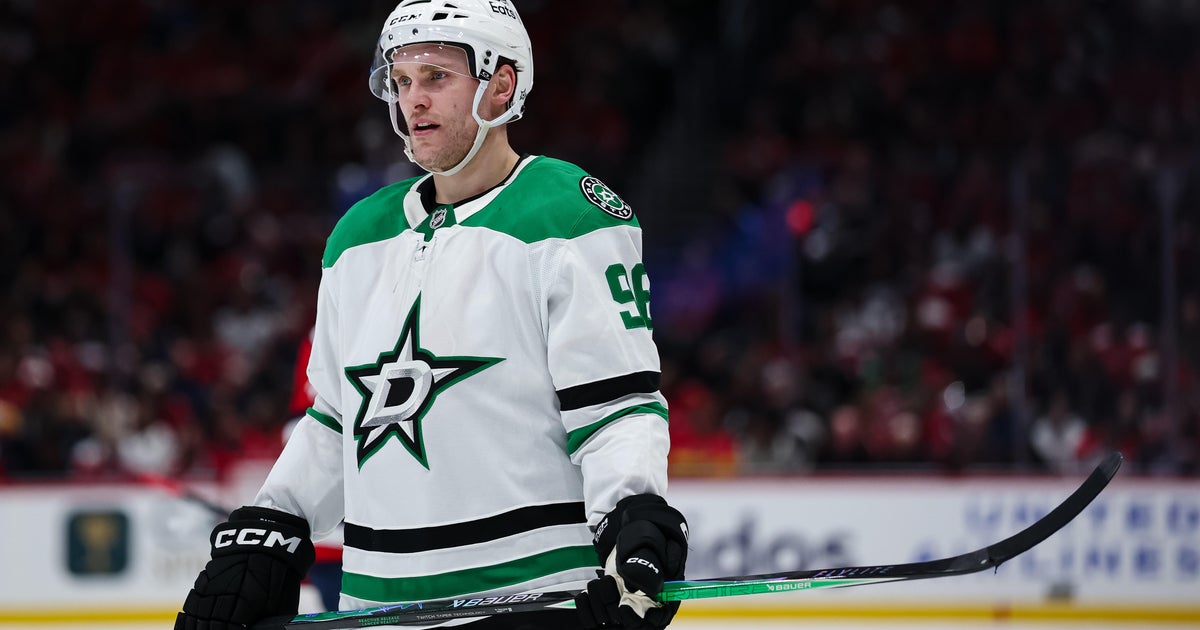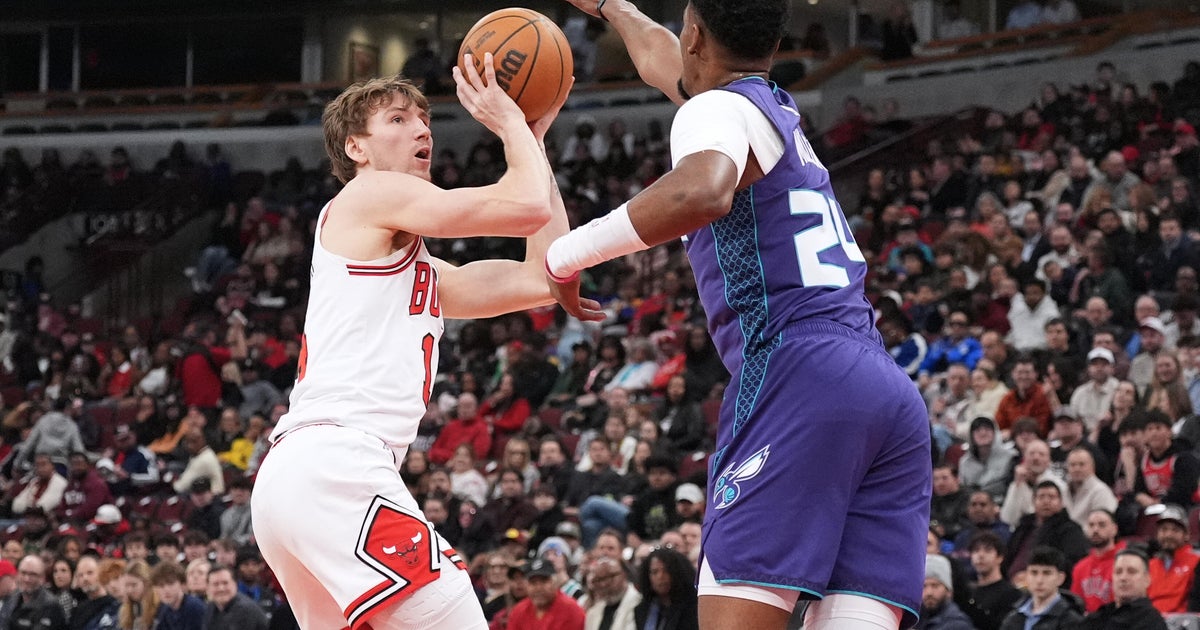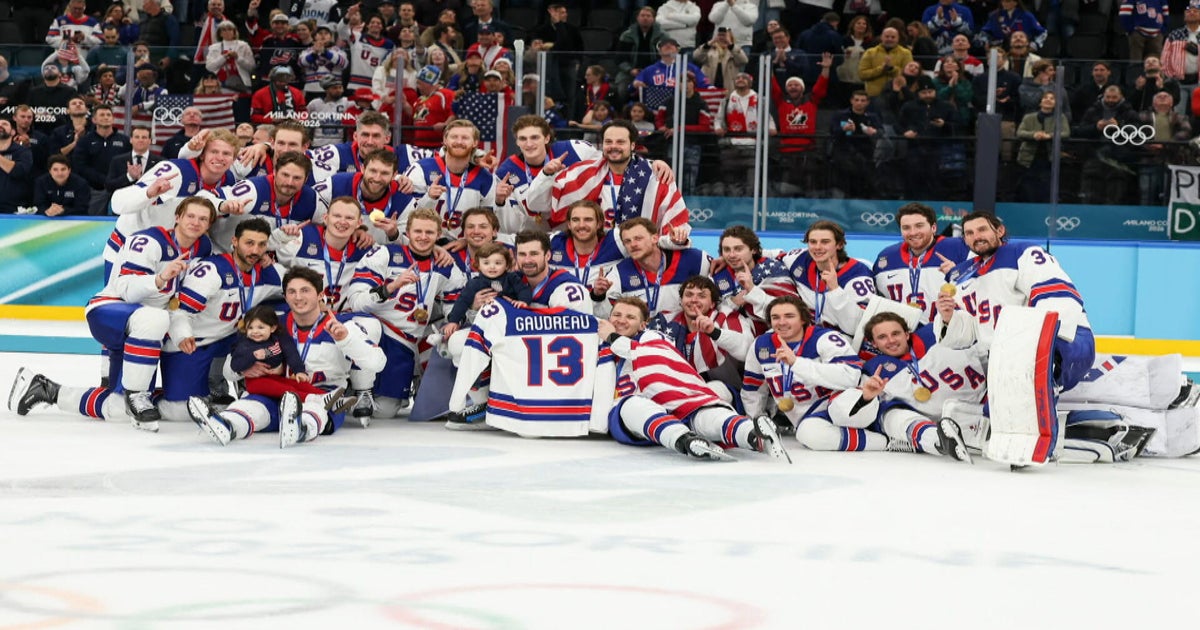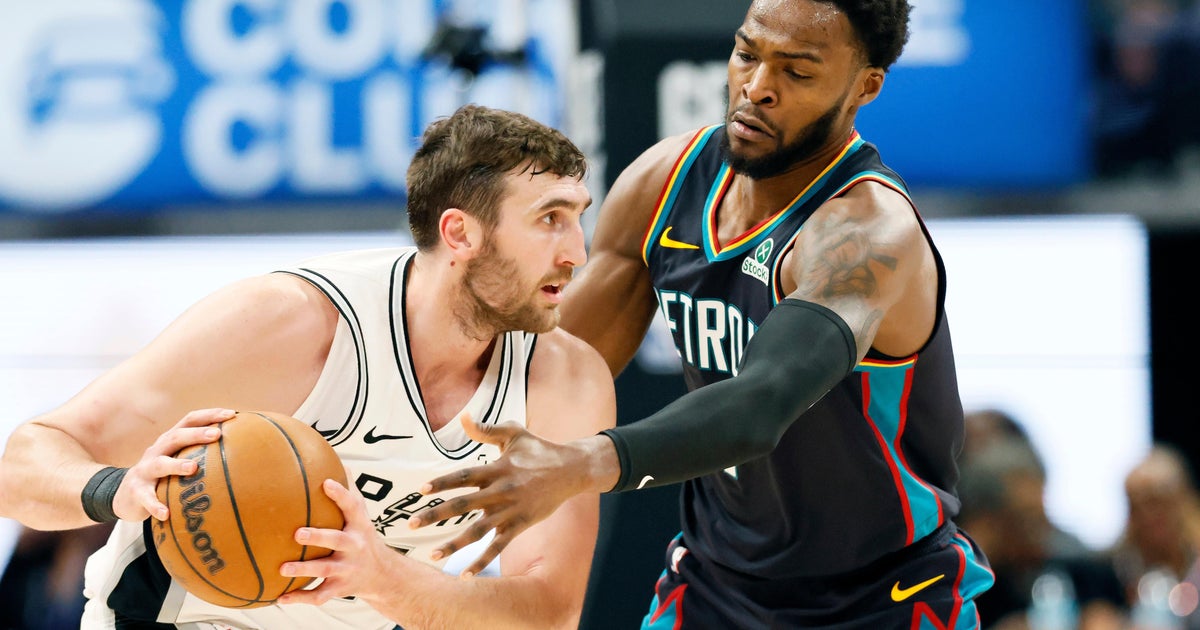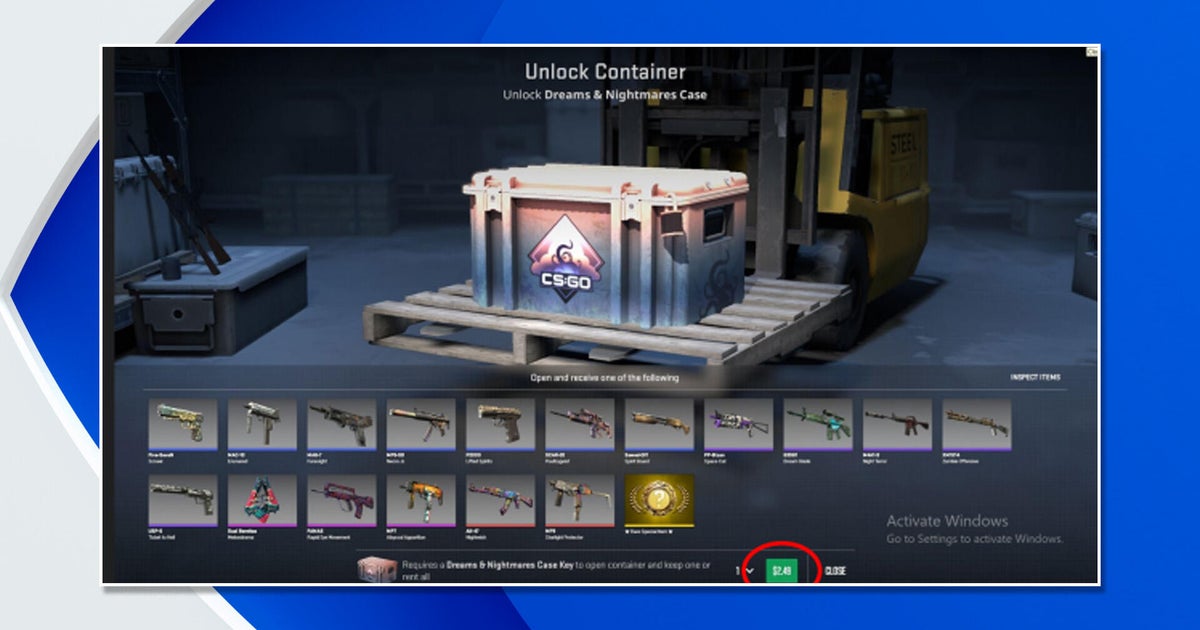Emma: Those Weren't The Blackhawks In Game 3
By Chris Emma--
CHICAGO (CBS) -- Look, Joel Quenneville is a future Hall of Fame hockey coach. He's one of the most decorated bench bosses in the game and has two summers with the Stanley Cup to pad the résumé.
And these Chicago Blackhawks have proved time and time again not to doubt them -- even on several occasions this postseason. Concerns can be answered by the constants of Jonathan Toews, Patrick Kane, Duncan Keith and the core.
But Chicago's 2-1 loss to Anaheim in Game 3 of the Western Conference Final was weird. It was uncharacteristic of this coach and team. Those weren't the Blackhawks, but it's uncertain who -- or what -- was on the ice for this pivotal contest.
"No reason to hang our heads," Blackhawks winger Patrick Sharp said. "We'll focus on the next game."
First, the Blackhawks must answer for this game. Following a hard-earned triple-overtime win in Game 2, Quenneville made bizarre changes to his lineup, sitting veteran Antoine Vermette and flashy rookie forward Teuvo Teravainen.
Instead, Quenneville mixed up his third and fourth lines -- adding Andrew Shaw to center Sharp and Kris Versteeg on the third line -- and putting Marcus Kruger between Andrew Desjardins and Joakim Nordstrom together on the fourth line. Shaw had been centering the fourth line with Desjardins and Kruger.
If it ain't broke, don't fix it. Right? Wrong.
"We just wanted to get some fresh legs in there," Quenneville said in a puzzling answer.
To make matters more perplexing, Kruger never took one faceoff, and Nordstrom played just 7:06. Yet, in that little time, he committed the game's greatest error, getting caught out of position on Simon Despres' game-winning goal in the second period.
While Versteeg was average in his return to the lineup, Teravainen was coming off a stellar Game 2, with his Vermette-led third line working well on both ends of the ice. Even in a triple-overtime contest, the 20-year-old Teravainen played 22:17 and agile Vermette logged 21:14. But Quenneville claims fresh legs were needed.
"It happens a lot," Sharp said of the lineup changes. "We're used to it. We trust him behind the bench to mix and match players, however he feels."
Of course, the line blending wasn't the cause of this Blackhawks loss, but not putting the best team on the ice certainly proved to be costly. Their top line wasn't its usual self -- where has Brandon Saad been? -- and Patrick Kane provided the lone punch with a backhanded beauty past red-hot rookie goaltender Frederik Andersen. But Kane's center, Brad Richards, won just three of his 12 faceoffs, and that group couldn't work the offensive zone.
The Blackhawks were tired from their three-overtime marathon and long flight from Anaheim, but the Ducks were, too. Fatigue's no excuse at this time of year.
"It's the same thing for both teams," Blackhawks goaltender Corey Crawford said. "I don't think there's any advantage of disadvantage."
Chicago had its home ice and couldn't take the series lead. The building was packed, the anthem was loud, the anticipation was high and the Blackhawks were nowhere to be found.
A team built with speed and skill couldn't play to its pace. There were far too many sloppy passes and odd decisions. The Ducks flustered the Blackhawks with a strong forecheck, forcing them away from scoring positions. They cycled the puck into awkward spots, rather than finding the slot, then attempted to recoil over and over again, with no success. Passive play shouldn't be seen in such an important stage from this experienced team.
This loss is one for Chicago to wear. The Ducks got bodies in front of Corey Crawford, and the Blackhawks didn't move them. Four of Anaheim's seven non-empty net goals in this series have come with a screen. Meanwhile, a world-class offense couldn't muster up many chances.
For Chicago, "man advantage" is more of an expression, as the Blackhawks have sadly displayed. It's almost difficult to get just one shot on goal in 10 minutes of power-play time, but they pitifully pulled it off.
On a second-period power play, a pass found Niklas Hjalmarsson alone from the left circle. He paused for three seconds as the sellout crowd unleashed the loudest "Shoot it!" in recent memory. His delayed, indecisive shot hit a body for one of Anaheim's 27 blocked shots, then left the zone. Another potential opportunity was quickly cleared away.
"We had some opportunities, we had some chances, we just couldn't put the puck in the net," Blackhawks defenseman Brent Seabrook said.
Unfortunately for the Blackhawks, opportunities and chances are few and far between in the unforgiving Stanley Cup Playoffs. The game of hockey can be cruel to teams that play like this, blowing an important game on home ice.
Quenneville was wrong for his lineup changes, the Blackhawks didn't play their fast-paced, disciplined game and the Ducks snapped a Chicago winning streak at the United Center that went 44 days back, to April 7.
So, where do the Blackhawks go from here?
"We'll look at everything," Quenneville said. "We'll consider all our options."
There shouldn't be much to consider. The Blackhawks have proved to be Cup-worthy team, and Quenneville is an all-time coaching great. Chicago must use its speed to win puck battles, its skill to create quality scoring chances and its experience to dictate Anaheim's game.
History has shown what Quenneville's Blackhawks can do. Even this playoff push has seen Chicago play its best hockey.
Every Blackhawk must be better, the Hall of Fame coach included. If not, it's back to Anaheim with a 3-1 series deficit and Stanley Cup dreams on the brink.
Follow Chris on Twitter @CEmma670.
